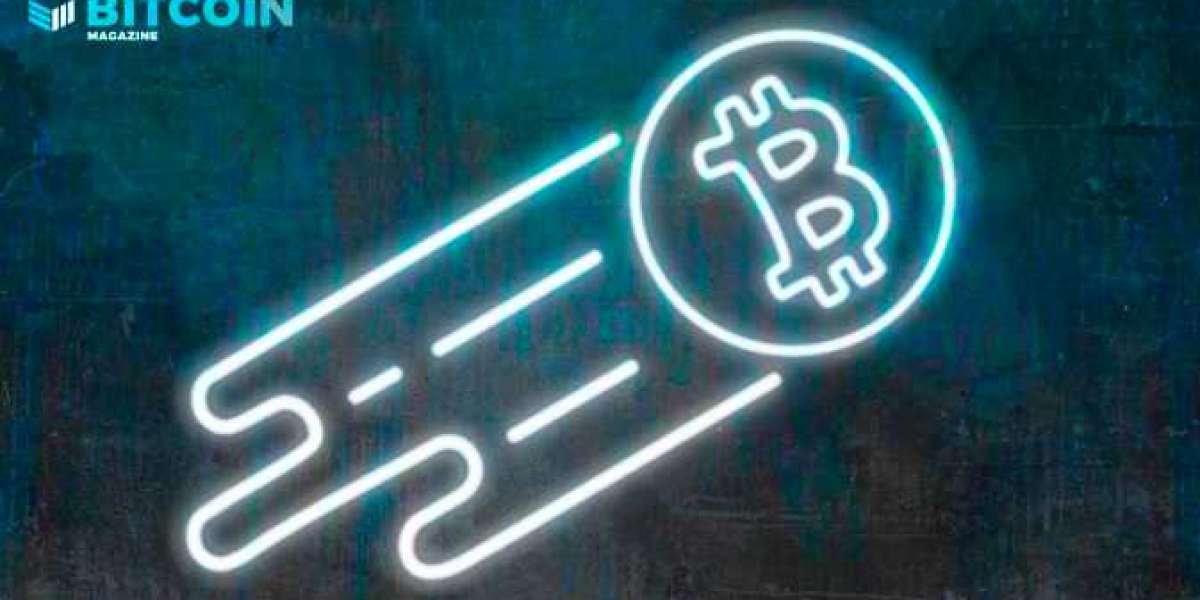The Case Against Trump
WASHINGTON, D.C. (August 29, 2022) — Recent articles published in The Daily Beast, Business Insider, Yahoo, Salon, Political Wire, Newsweek, and the Washington Monthly, to name only a few, assert that "Trump will be prosecuted." [Citation needed] Even Tucker Carlson is in agreement, stating that an indictment of Trump is "clearly" going to happen. According to public interest law professor John Banzhaf, who helped obtain special prosecutors in the original scandal involving a "gate," Watergate, everyone was concentrating their attention on the documents that were involved in the search of Mar-a-Logo, which has been dubbed by some as "Boxgate."
Nonetheless, Banzhaf and Alan Dershowitz agree that a federal government led by the Democrats will be hesitant to indict a former president who is also the obvious front runner to challenge the Democrats' control of the White House in 2024, and that the first and maybe only indictment of Trump may occur in Georgia, where the same "optics" and other political considerations do not apply.
As reported by The Hill in late July, "An Atlanta-area prosecutor's investigation into former President Trump's effort to overturn his 2020 electoral defeat in Georgia poses the most significant legal threat to the former president, legal experts say," notes Banzhaf, who may be somewhat biased because it was his detailed complaint which triggered that current criminal investigation of Trump, including the empaneling of a special grand jury and the issuance of subpoenas for manifold witnesses. "The most significant legal
Since then, a number of different media outlets have reported that the District Attorney for Fulton County, Fani Willis, has stepped up her investigation efforts. These efforts include making demands for the testimony under oath of a large number of Trump's aides and confidants in connection with the alleged plot to undermine the presidential election by "finding" a large number of new votes for Trump in the state.
"The stakes in holding Trump accountable for an attack on our democratic system of government could not be any higher, and the evidence is extremely compelling," said one expert. "The steps her office has taken, including empaneling a special grand jury and subpoenaing high-profile witnesses, are very likely not steps she would have taken if she did not feel there was at least a significant possibility that she will move forward with charges," said another expert. "The evidence is extremely compelling."
Professor Banzhaf has listed a number of additional grounds, including the forecasts of a large number of specialists, which all point to the fact that Willis will be the first to accuse Donald Trump.
As has been mentioned, the special grand jury investigating Trump and others regarding criminal interference in the 2020 elections has convinced a judge to issue subpoenas to compel the testimony under oath of many close collaborators in the alleged criminal schemes. This indicates that prosecutors are getting closer to Trump and to his own criminal involvement.
According to Banzhaf's speculations, some individuals who are threatened with the prospect of being prosecuted themselves may "flip" on Trump, thereby revealing crucial information regarding what he knew and what he said in private settings.
Since Banzhaf's criminal complaint was the impetus for Willis's inquiry, and since Banzhaf was also instrumental in securing special prosecutors for Richard Nixon and bringing former Vice President Spiro Agnew to justice, this is further evidence that Willis may be the first (and probably only) prosecutor to arrest Trump.
Criminal Disruptions
It has been brought to Banzhaf's attention that Willis has already formally reported that evidence gathered earlier, including that which was filed with her office by the law professor, indicated "a reasonable probability that the State of Georgia's administration of elections in 2020, including the State's election of the President of the United States, was subject to possible criminal disruptions." Banzhaf notes that this information has already been officially reported.
In the past, Willis had made the assurance that "everyone who breaks the law will be punished, regardless of what their socioeconomic status is." regardless of their socioeconomic status, as well as without regard to their color or gender. Nobody is going to get a different experience from us." She also stated some time ago that the grant jury might issue additional subpoenas to those in Trump's "close circle," and that she hasn't ruled out the possibility of perhaps issuing one to Trump himself. This was announced some time ago.
The new data and analysis that Banzhaf has recently submitted to Willis may be able to aid bolster what appears to be an already solid criminal case against Trump.
According to Banzhaf, it is customary for prosecutors to first interview and secure the testimony of "smaller fish" in a criminal investigation before moving on to those higher ups who also participated in the investigation. This is usually the best practice for prosecutors to follow, as it is the most likely to result in the most accurate information.
With this arrangement, prosecutors are able to offer immunity in exchange for damaging testimony – and sometimes also incriminating documents – to people whose level of culpability is lower, and they can also obtain important information to use when they finally force those whose level of culpability is higher ("bigger fish") to answer questions under oath.
Therefore, moving on to Giuliani, Graham, and other individuals who are extremely close to Trump is a very strong indication that the investigation is likely to come to a finish, possibly with an indictment of Trump, according to Banzhaf's predictions.
Others are of the same opinion. For instance, Laurence Tribe, a professor emeritus of constitutional law at Harvard University, stated in an article that "It wouldn't surprise me for Georgia to become the first jurisdiction to indict a former president on felony charges." And I believe the charges will be maintained."
It was reported in the New York Times that "the most serious prospect of prosecution" that Trump faces is in Fulton County, Georgia. This conclusion reinforced an earlier 100-page analysis by seven legal experts who came to the conclusion that the former president faces a "substantial risk of possible state charges predicated on multiple crimes." One of the experienced prosecutors writing the Op-Ed was a Democrat, and the other was a Republican.
When the two former prosecutors reached their conclusion, DA Fani "Mr. Trump and his supporters may be facing the most severe possibility of criminal prosecution as a result of the work done by Willis…. " She has a history that can be cited as evidence of her bravery and conviction. As the primary prosecutor in the city's teacher cheating scandal, she went up against a politically powerful group, Atlanta's teachers, and she was successful in getting them convicted. And at this point in the investigation, she is in a position of considerable power. The documentary evidence of Mr. Trump's post-election activities in Georgia is extremely convincing.
It was also mentioned in the article that despite the significance of investigations being conducted by the Department of Justice, the work being done by Willis may present the most significant possibility of criminal charges being brought against Trump and his collaborators.
In point of fact, she has available to her a statute that appears to have been designed specifically for this objective and that corresponds with these specifics. As the article from the New York Times explains:
"What's more, the criminal legislation in Georgia is among of the most favorable in the country for getting to the alleged misbehavior committed by Mr. Trump. For instance, there is a law on the books in the state of Georgia that clearly prohibits solicitation of election fraud, which is what it appears that Donald Trump did in the jurisdiction of Ms. Willis. A person is guilty of the crime of criminal solicitation of election fraud when, in accordance with this legislation [GA Code 21-2-604], that person willfully "solicits, requests, directs, importunes or otherwise attempts to cause" another person to engage in election fraud.
Additional Infractions of the Criminal Statutes
In his complaint to Willis, Banzhaf also accused Trump of violating two additional criminal statutes, namely Georgia Code section 21-2-603, which is titled "Conspiracy to Commit Election Fraud," and Georgia Code section 21-2-597, which is titled "Intentional Interference With Performance of Election Duties." Banzhaf's complaint was submitted to Willis.
The law scholar thinks that the investigation being conducted by Willis is more likely to bring an indictment against Trump than the other major investigations being conducted by the Department of Justice for a number of different reasons.
An additional reason is that an indictment and trial in Georgia would not raise the same suspicion – and create very poor "optics" – of an incoming president seeking political retribution and protection from competition in future elections by attempting to throw his opposition into prison. This is because an indictment and trial in Georgia would not take place in Georgia.
Banzhaf argues that the idea that a new president may simply lock up his predecessor is something we associate with tin-horn dictators in corrupt third-world countries, not the United States.
It's much worse in this case, as surveys show that Trump would be a formidable foe for any Democrat running for president in 2024, including Joe Biden. As a result, many people would view an attempt to indict Trump, let alone throw him in jail, before this election as politically motivated.
Many people also believe that it is unfair to use the complete power of the United States government against a single individual, even if that person is as wealthy and powerful as Trump.
Banzhaf points out that a county district attorney's office prosecution would sidestep many of these issues and public perceptions, giving it a potentially better chance of success and protecting against jury nullification. One more is that if Trump is ever prosecuted, Willis intends to use Georgia's RICO (Racketeer Influenced and Corrupt Organizations Act) against him.
Since Banzhaf authored the document that sparked the federal government's successful RICO prosecution against the major tobacco companies, he is well-versed in the federal RICO legislation. However, he argues that the Georgia RICO statute is even more strong and far-reaching than the federal one.
As compared to federal law, it has a broader definition of racketeering, requires less evidence to establish a pattern of racketeering action, and does not always require the existence of a "business," specifically an illegal or criminal enterprise, to constitute racketeering. Yes, Willis was able to successfully use RICO to prosecute a case of teacher cheating.
In addition, as pointed out by Banzhaf, even though RICO requires at least two independent illegal racketeering activities - "predicate acts" - to prove a pattern of corruption by Trump and his alleged co-conspirators, making false statements like Trump and some of his allies are alleged to have made would more than satisfy Georgia's RICO law.
In Georgia, a person convicted of racketeering faces up to 20 years in jail, a large fine, and the forfeiture of any ill-gotten money or property. Those convicted of racketeering in Georgia typically go to jail.
A law scholar advises that those who believe Trump should be prosecuted should not put all their hopes in Trump's Mar-a-Lago club or the Department of Justice.




Alphonsus Odumu 4 w
Donald Trump